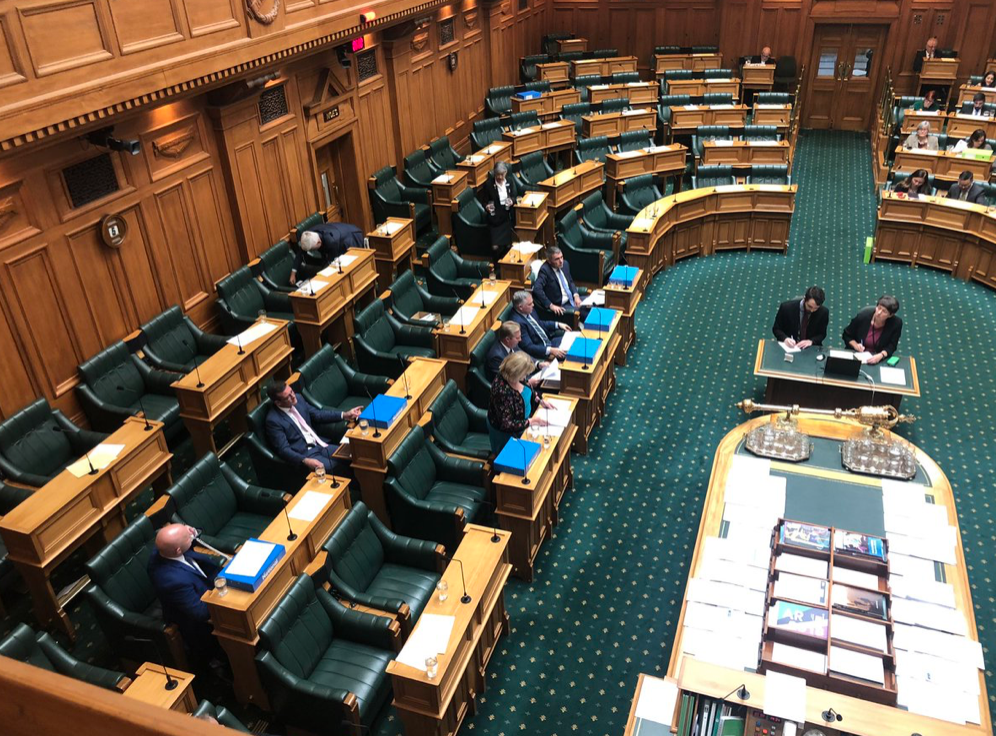
That self-belief is key, and it’s fed by a particular sickness of the English psyche: the belief in the strength of certain individuals’ robust intellectualism and the need to be led by one’s academic betters. So you’re left with a clutch of MPs and their advisers tasked with cobbling together a coherent political roadmap with little but their own loosely defined historic ideology and willful self-belief to go on. To be a special adviser, you need to be trusted enough by your employer and share their ideological mindset. To become a member of Parliament, you need to win selection through your chosen party, then convince enough of your constituents to vote for you. Civil servants have strict entry requirements, post-college exams, and assessment centers before they reach entry-level jobs. Whenever Cummings is brought up in passing conversations in Westminster, the length of his blogs has been mentioned as proof of a restless intellect, but people similarly boast of never having finished reading any of his posts: to pass as smarter than your peers, overshoot your word count and do away with editors, and you could easily fool a good number of people.Ĭummings isn’t stupid, but the terms in which he and others are spoken of belies a deeper problem in British politics: our idea of what counts as qualification in politics is purely informal, given that no formal qualifications exist. In his time outside of government, aside from working on the Vote Leave campaign, he had a tendency to fire off blog posts of an interminable length, unfettered by any editor and favoring sheer volume over perspicacity. Cummings also has a reputation among Westminster insiders as a ferocious intellect. Now he has been appointed a special adviser to Prime Minister Boris Johnson, an appointment that provoked alarm among many in Westminster, given Cummings’s tendency to adopt kamikaze strategies that may attain the proposed ends but cause chaos along the way.


Then, upon leaving government, he worked for the Vote Leave campaign in the European Union referendum, credited with coining the divisive but catchy slogan “Take Back Control.” Until recently, Dominic Cummings was mostly credited with having a key role in former education minister Michael Gove’s radically unpopular overhaul of the English education system, overseeing a move that sought to institute a system akin to charter schools in England that put the Conservative Party on a collision course with teachers and parents alike.


 0 kommentar(er)
0 kommentar(er)
